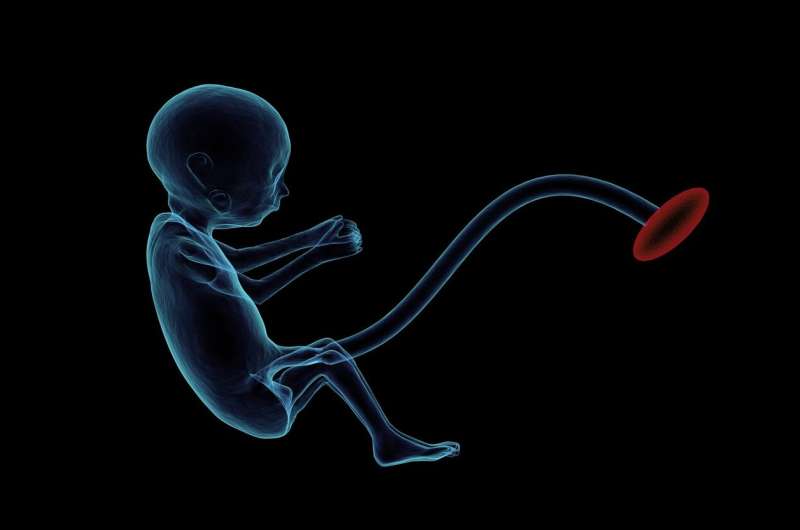A recent study has shown promising advances in the field of reproductive health through gene therapy aimed at improving placental function, specifically in preventing complications associated with placental insufficiency. According to research conducted by scientists at the University of Wisconsin–Madison and the University of Florida, these innovations may enhance birth outcomes by fostering healthier pregnancies.
Understanding Placental Insufficiency
Placental insufficiency is a significant concern in obstetrics, as it can severely restrict fetal growth, leading to the likelihood of premature deliveries and various neonatal complications. The placenta serves as the lifeline for the developing fetus, providing crucial nutrients and oxygen necessary for growth.
As Jenna Schmidt, a research assistant professor, pointed out, “Placental insufficiency contributes to poor nutrient and oxygen transport to the fetus and is currently untreatable.” This condition can exacerbate health problems in adulthood such as cardiovascular disease and neurocognitive developmental issues.
Current Research Findings
The study focused on utilizing a nanoparticle to deliver a strand of DNA encoding for the human protein insulin-like growth factor 1 (IGF-1), a critical factor in placental development. The nanoparticles were injected into the placentas of pregnant monkeys, and researchers observed successful integration and expression of the transgene within 24 hours without adverse effects.
Results Overview
| Aspect | Findings | Implications |
|---|---|---|
| Transgene Expression | Successful uptake and expression of IGF-1 | Potential for improved placental function |
| Safety | No adverse effects on mothers or fetuses | Encourages further research toward human trials |
| Duration of Effect | Transgene expression detected for up to 10 days | Signals potential for routine administration |
Possible Clinical Applications
The ultimate aim of this research is to translate these findings into human medicine. Future therapies may involve nanotherapy infusions administered every two weeks during the later stages of pregnancy. This timing is crucial for monitoring fetal growth through ultrasound, making early interventions possible before significant issues develop.
Next Steps in the Research
The researchers plan to extend these studies to cover the entire third trimester of pregnancy in non-human primate models to further assess the safety and efficacy of the gene therapy.
- Improving Placental Function: Further studies will focus on enhancing placental nutrient and oxygen transport.
- Monitoring Outcomes: The impact on mothers and fetuses will be examined throughout the birth process.
- Clinical Trials: Developing strategies for transitioning the therapy to human subjects will be a top priority.
“If we can improve placental function to better support growth and development, could we extend those pregnancies to term with the outcome of healthier babies?” – Jenna Schmidt
Concluding Remarks
The implications of this research could be transformative for maternal-fetal medicine. The ability to successfully intervene in placental function may pave the way for healthier births and reduce risks associated with complications stemming from placental insufficiency. As noted by Rebecca L. Wilson and her colleagues in their study published in Molecular Human Reproduction, these preliminary findings are indicative of a significant step forward in reproductive health.
References
[1] Wilson, R. L., et al. (2024). Placental gene therapy in nonhuman primates: a pilot study of maternal, placental, and fetal response to non-viral, polymeric nanoparticle delivery of IGF-1, Molecular Human Reproduction.
[2] Lifespan.io














Discussion